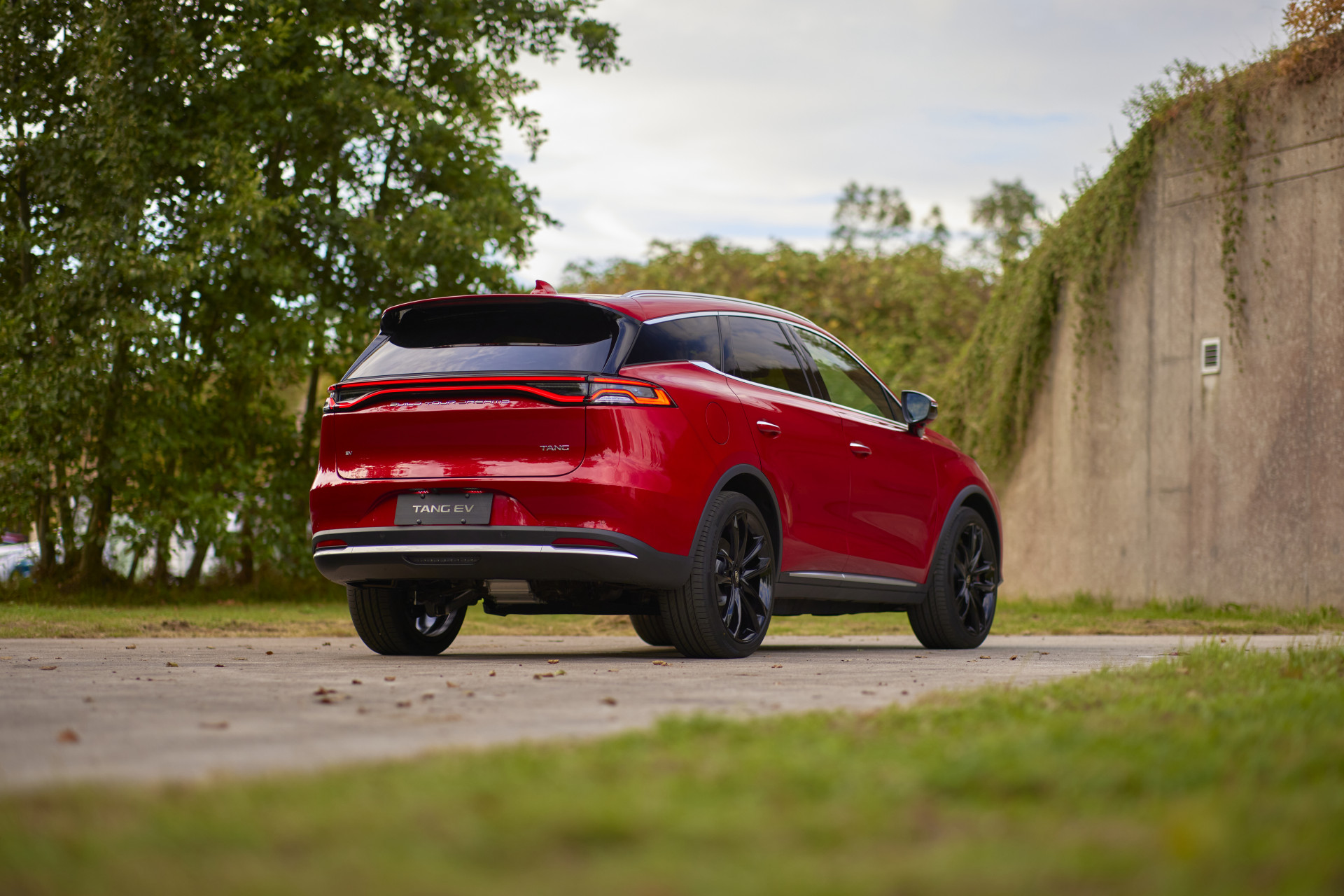
Chinese Exodus Stalls At Brussels Motor Show
Introduction
The Brussels Motor Show, one of the most prominent automotive events in Europe, has recently witnessed a notable absence of major Chinese automakers. This development has sparked discussions and raised concerns regarding the complexities of China's automotive industry and its global expansion.
Reasons for the Exodus
Political Tensions
Recent geopolitical tensions between China and Europe, particularly over trade and human rights, have cast a shadow over business relations. These tensions have created an uncertain and challenging environment for Chinese companies operating in Europe.
Economic Factors
The Chinese automotive industry has been facing economic headwinds in recent years, with slowing domestic sales and increased competition. This has led to a cautious approach by Chinese automakers in their international expansion plans.
Lack of Brand Recognition
Despite their growing market share in China, Chinese automakers are still relatively unknown in Europe. Establishing brand recognition and customer trust in a new market can be a time-consuming and resource-intensive process.
Impact on the Brussels Motor Show
The absence of Chinese automakers has left a noticeable void in the Brussels Motor Show. As a major player in the global automotive market, China's presence has been a key attraction for attendees in recent years.
Reduced Diversity
The lack of Chinese automakers has reduced the diversity of brands and models on display at the show. This limits the options available to consumers and potentially affects the overall experience of attendees.
Lack of Innovation Showcase
Chinese automakers have been known for their innovative approaches, particularly in the areas of electric vehicles and autonomous driving. Their absence from the event deprives attendees of the opportunity to witness these advancements firsthand.
Critical Perspectives
Overdependence on Domestic Market
Some analysts argue that the absence of Chinese automakers at the Brussels Motor Show highlights their overdependence on the domestic market. They emphasize the need for Chinese automakers to diversify their international presence.
Limited European Market Potential
Others suggest that the European market may not be as lucrative for Chinese automakers as previously anticipated. They point to the strong presence of established European brands and the challenges of entering a competitive market.
Future Prospects
The future of Chinese automakers in Europe remains uncertain. However, several factors could influence their return to the Brussels Motor Show:
Improved Political Relations
A thaw in political tensions between China and Europe could pave the way for a more favorable business environment for Chinese automakers.
Increased Brand Recognition
As Chinese automakers continue to invest in brand building in Europe, they may gradually gain recognition and trust among consumers.
Focus on Niche Markets
Instead of competing head-on with established European brands, Chinese automakers could focus on specific niche markets where they can differentiate themselves.
Conclusion
The absence of Chinese automakers at the Brussels Motor Show is a complex issue influenced by political, economic, and brand-related factors. While it has reduced the diversity and innovation showcased at the event, it may also present opportunities for Chinese automakers to refine their international strategies. The future of Chinese automakers in Europe remains uncertain, but their return to the Brussels Motor Show would signal a renewed commitment to global expansion.